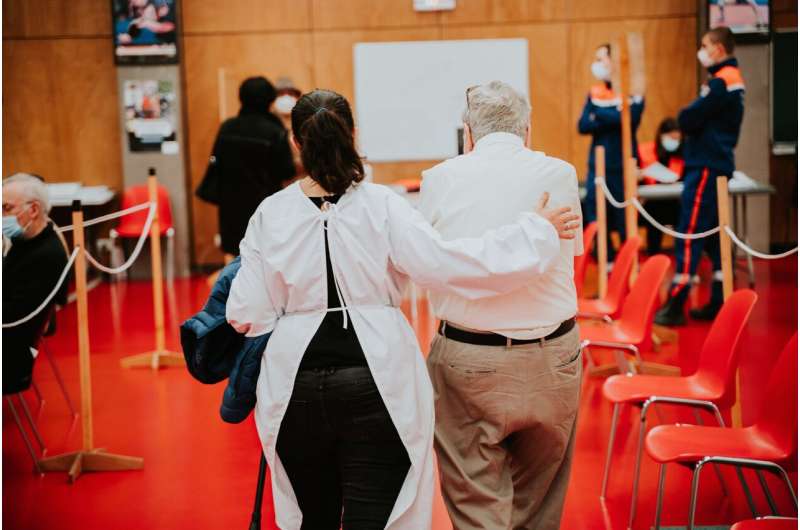
President Alejandro Giammattei announced Tuesday that Guatemala has canceled its order of a second batch of eight million Russian-made COVID-19 vaccines due to a delivery delay of a previous order.
The president told reporters that his administration had renegotiated its contract with Moscow and would no longer buy the additional eight million Sputnik V doses as laid out in the initial agreement and would negotiate with other pharmaceutical companies, instead.
Giammattei said that the canceled purchase corresponded to the “50 percent that was planned to be spent on Sputnik vaccines.”
“With that commitment (with Russia) having been released this year, we will be investing that amount in the negotiations that are already being held” with other companies.
Guatemala paid $79.6 million to the Russian Direct Investment Fund for eight million doses of Sputnik V. However, so far it has only received 550,000 vaccines.
The delay sparked criticism of the government and calls for an investigation, while ombudsman Jordan Rodas and dozens of social, educational and humanitarian organizations demanded Giammattei resign.
As a result, Guatemala renegotiated the contracts, which—according to Russia—were for a total of 16 million vaccines.
Giammattei said that the eight million doses already paid for will arrive by the end of the year, according to the new contract, and that his administration is currently negotiating with Johnson & Johnson, Modern and Pfizer for the rest of the vaccines.
He also announced the “state of prevention” measure implemented two weeks ago to help slow the spread of the pandemic is no longer in effect.
The state of prevention suspended several constitutional guarantees, such as demonstrations, meetings and carrying firearms.
Despite the delay of the Russian vaccines, Guatemala has received more than three million doses, including donations from the United States, India, Israel and Mexico, as well as purchases from the UN’s Covax program.
But the Latin American country’s vaccination campaign has stalled, with less than one million people having received a full two doses.
Source: Read Full Article
